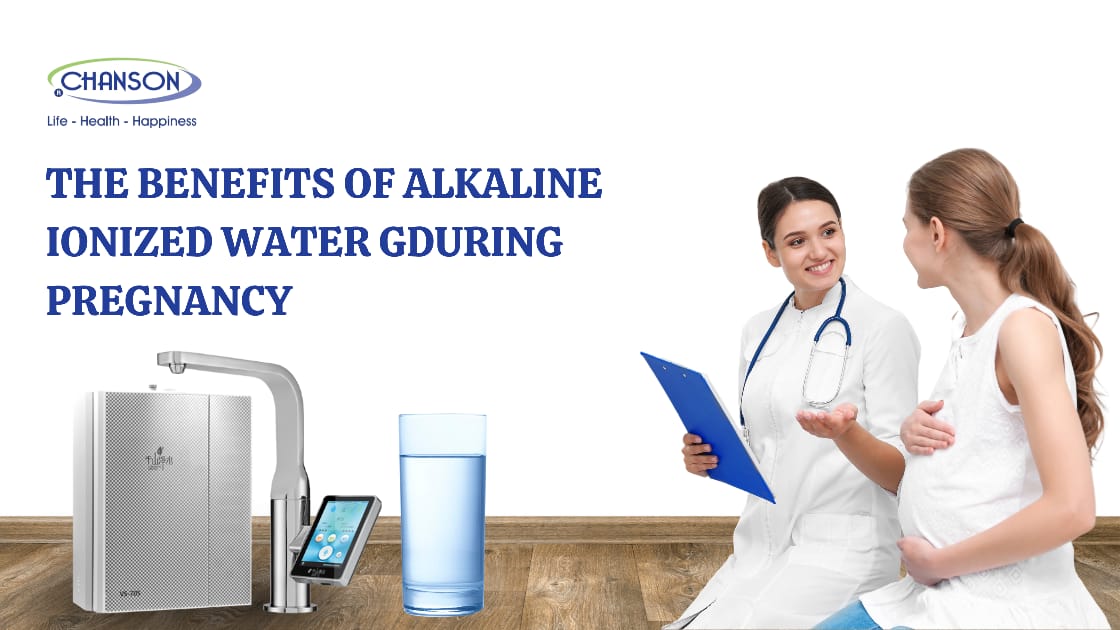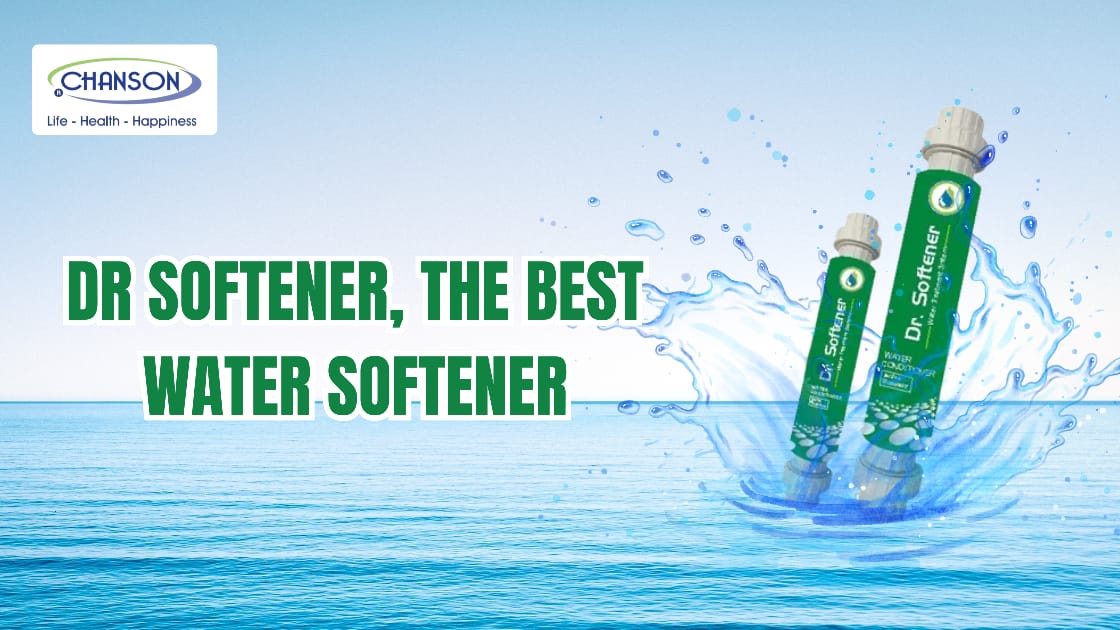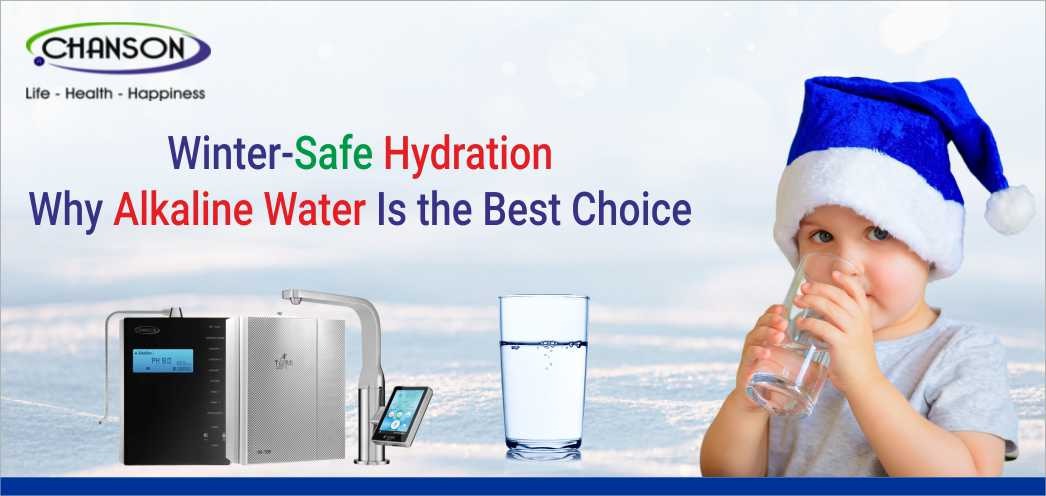Alkaline water is considered as the Insurance to good health and longer life, naturally without leading to any side effects – it’ the pH value of the solutions which decides whether it is alkaline or not. Here we are exploring the nitty-gritty of Alkaline concept.
What is pH?
The pH expresses the Acidity/Alkalinity of liquids, where 7 is considered as neutral, while the lower values till 1 express the Acidity, and the higher values up to 14 specify the Alkalinity. More precisely, the pH is equal to -log10C, where c stands for the hydrogen ion concentration in moles per litre.
So, what is an Alkaline Water Ionizer Machine?
The Alkaline Water Ionizer Machine transforms the regular water to provide with alkaline water with optimal pH level or desired pH as per the requirement by electrolysis while separating the incoming water into alkaline and acidic water.
What should one look for in an Alkaline Water Ionizer Machine?
There are various essential features one should ensure before buying an alkalized water ionizer Machine; otherwise, there are many machines available which lack fundamental aspects and are inferior in features. Therefore, it’s a must to select a correct Alkaline Water Ionizer keeping in mind the following features.
1.) Adjustable pH levels –
The Alkaline Water Ionizer machine should be capable of providing water with different types of pH values depending upon the requirement. The device either should have provision for switching over to various pH levels or should have some control panel where the required pH should be mentioned to receive the type of the water required. Like acidic water is required for cleaning purposes, whereas the slightly alkaline water is best for the drinking while for cooking, higher alkaline water is preferred.
2.) Number of Plates and their Types –
The Alkaline Water Ionizer Machines with a higher number of plates is considered as a powerful machine as it works faster than the others. However, a higher number of plates is not always better as the water takes time while being filtered in the machine. Therefore, an adequate balance is must between filtering capabilities, a flow rate of the water, and the quality of the alkalized water the ionizer delivers.
There are various types of different plates typically assembled in different kinds of alkaline water ionizer machines depending upon their brand, quality, and features they are providing.
a.) GRID – These plates provide the best quality alkaline machines with higher efficiency and excellent durability.
b.) MESH – These types of plates ensure that the alkaline water ionizer is of higher efficiency and excellent quality.
c.) FLAT – The Flat plates provides better durability and reliable quality to trust.
d.) SLOTTED – The slotted plates are the worst plates used in Alkaline water ionizer machines as they result in poor quality with recurring problems during use.
3.) ORP Range –
The ORP range stands for oxygen reduction potential. The potential of antioxidants in the alkaline water matters the most. The water with the negative ORP is considered to be the best water when it comes to healing and is therefore seriously considered before buying any alkaline water ionizer machine. For instance, the Soda, which is acidic, has the ORP varying between +500 to +600, whereas the antioxidant-rich water has a negative ORP range of -150 to -450.
4.) UV (Ultra Violet) Light –
The UV light kills the bacteria, viruses, and other microbes present in the water and is, therefore, is a must to be present in the alkaline machine. The UV light source should be of good quality producing the correct light within the specified bandwidth range.
5.) Power Supply –
Power supply of the alkaline water ionizer is the heart of the system to keep it performing without fail besides of being energy efficient. Therefore, the machines should be of the latest technology and equipped with good quality SMPS for more extended durability and less power consumption.
6.) Warranty –
The alkaline water ionizer should have plates guaranteed for the entire life, while the remaining system should have at least a warranty of a minimum of 10 years. There are many alkaline water ionizers available in the market which come with a warranty of just 5 years and should not be taken into consideration while making a selection to go for a competent Alkaline Water Ionizer Machine.
7.) Branded –
The Alkaline Water Ionizers of branded companies provide you with a tested, reliable ionizer of the latest technology with superb efficiency, excellent after-sales service, and the assurance of being in the right hands, to not get bluffed by the things you are not aware.
How does an Alkaline Water Ionizer Machine work?
The Alkaline Water Ionizer Machines are usually attached to the faucet. It’s convenient and straightforward to attach even by a kid without any fuss or trouble.
The ionizer first filters the water to remove the impurities and other microbes. Later the pH is regulated as per the desired requirement set on the control panel. The filtering mechanism is of a carbon filter that filters out impurities and pollutants, whereas the electrolysis process maintains the pH. The hydrogen ions and the minerals split apart during electrolysis, and the water is produced by two different streams one streaming alkaline water for drinking and the oxidized water for cleaning.
What are the benefits of Alkaline Water?
1.) To provide a Powerful Antioxidant –
The alkaline water is high in antioxidants and protects our bodies from free radicals by eliminating them, which are the root cause of several diseases. Free radicals deteriorate our immune systems and thus damages our organs. The low immune system leads to several diseases, from small illnesses to deadly degenerative diseases, and put our body on the stake.
Free radicals enter our body through various means like exposure to toxic substances as smoke from cigarettes, pollutions, and different other stagnating or unclean and unhygienic household items. The body requires antioxidants to get rid of these free radicals to protect the immune system and avoid diseases.
2.) To balance the pH levels of the body –
The body has a reasonable tendency to maintain the acid-alkaline balance on its own without any physical assistance, but it has a limitation to it. In case the body is too acidic, then to maintain this balance, the body has to regulate the entire system under severe stress, which is not healthier for the body. The more the body is stressed, the more it gets deteriorated and age faster because of the damage that it has to sustain at the hands of stress. An acidic body otherwise interferes with our cellular mechanism and prevents them from functioning normally.
In the present era, our diet usually comprises of cheese, butter, meat, or other refined products that are high on acid content and make our system overly acidic. The presence of acidic content in the body, making it vulnerable to several diseases. The diseases thrive on the acidic content present in our body, and if it is overly acidic, then the damage becomes multi-fold.
The alkaline water neutralizes the acidic content of the body and makes it alkaline to prevent the occurrence of the diseases. The extra supplement of the alkaline water naturally neutralizes the acidic content and thus reduces the stress on the body in regulating the pH level to maintain the desired alkaline level as per the body requirement.
3.) To promote better hydration –
The alkaline water promotes better hydration of the body as the alkaline water has a smaller molecule than the usual water molecules, which are easily absorbed by the body. Thus, the alkaline water keeps the body more hydrated and for a longer time.
Besides, the alkaline water is also abundant in naturally ionized minerals that help inefficient blood circulation, which further regulates the body to function at optimum levels.
4.) For body detoxification –
The alkaline water detoxifies the body as it washes away the dangerous toxins present in our body, which damages it. Drinking a lot of water to detoxify the body is old age practice. Still, it doesn’t work effectively in case the body is overly acidic, wherein the alkaline water works effectively. Not only this, it accelerates the detoxification process in the case of healthy individuals.
5.) Boosts Immunity –
The human body in an alkaline state builds the immunity faster than it usually does. A healthy alkaline body is much better than just a healthy body. The alkaline element in the body significantly improves the immune system of the body. Therefore, it’s advisable to keep our body healthy and fit with a robust immunity system to keep the diseases at bay.
6.) Losing Weight –
Alkaline water makes you healthier in a natural manner and sheds your extra weight by making you fit and healthy at the cellular level. The body builds more fat cells to neutralize the acidic content of the body. In case your body is alkaline, then the body doesn’t need to create the fat cell as there is no more requirement to neutralize the acidic content of the body, which usually gets from by the junk food we eat.
7.) Helps fight cancer –
Cancer cells rarely survive in a neutral pH level as the cancer cells require acidic medium to grow. The alkaline content in the body prevents the formation and the growth of the malignant cells. A pH level from 7.0 to 7.2 keeps the body neutral by neutralizing the acidic content and thus prevent the cancer cells.
8.) Help fight Diabetes –
Dr. Keijiro Kuwabara is treating diabetes successfully by using alkaline water for last so many years. He recommends alkaline water to keep diabetes under check significantly, and in case it is taken for a month, or so it brings down the sugar to an undetectable level. Similarly, Dr. Theodore Baroody released his analysis depicting a strong correlation between sugar intake and alkaline water and advised us to take alkaline water regularly in case we don’t want to get diabetic.
9.) Help cure Psoriasis –
Alkaline water does help in fighting Psoriasis that include patched on the face, neck, legs, hands, and other areas of the body. It’s a chronic disorder that occurs when the skin threatens the immune system. The alkaline water is applied to the affected areas to cure Psoriasis. The alkaline water effectively neutralizes the skin to eliminate psoriasis symptoms.
10.) Alkaline Water Machine itself is a Money Saver –
Installing an Alkaline water machine is cheaper than procuring bottled water or mineral water though there is no comparison between bottled water and the alkaline ionized water. From remaining fit to saving directly in purchasing water bottles to saving on doctor’s fees and hospital expenses, the alkaline water ionizer machine provides considerable savings to be a big money saver.
Conclusion – It is essential to go for Chanson Alkaline Water Ionizer Machine for quality pH-controlled water rather than going for any other alkaline water ionizer machine with inferior qualities, limited warranty, and no assurance of a quality output even after paying a considerable amount. Alkaline water keeps you healthy, strong, and fit naturally without taking any further supplements.
Chanson India, the official exclusive distributor of Chanson Taiwan, is the Best Alkaline Water Ionizer Machine manufacturer in India. Chanson Taiwan is the world leader in Alkaline water ionizers and is manufacturing the reliable alkaline water i since 1979.












